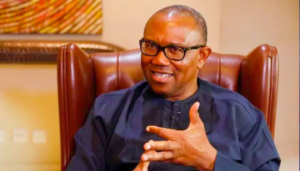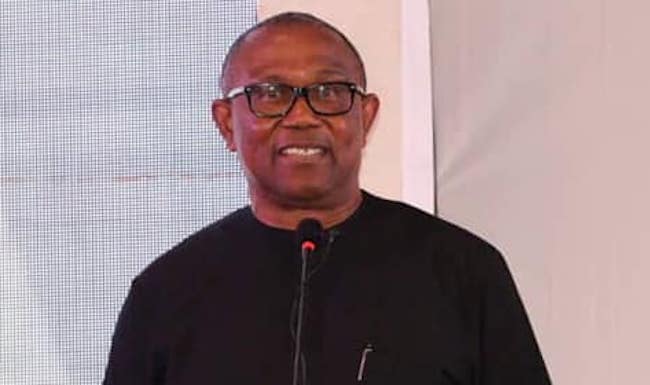Peter Obi, the Labour Party’s presidential candidate in the 2023 elections, has expressed deep concern over the ongoing failures of Nigeria’s national power grid.
According to reports, the nation experienced a blackout on Tuesday due to another collapse of the aging grid, just weeks after a similar event.
The Transmission Company of Nigeria (TCN) reported that the grid failure occurred around 1:52 pm due to multiple line and generator trip incidents.
In a statement released on Wednesday, Obi lamented that the frequent collapse of the national grid has become “a routine occurrence.”
He pointed out that just days prior, on October 25, South Africa, which was once the second-largest economy in Africa behind Nigeria, celebrated seven months of continuous power supply despite having only a quarter of Nigeria’s population.
“While South Africa generates and distributes approximately 40,000 MW of electricity, Nigeria struggles to produce and distribute merely 10% of that capacity. Yet, Nigerians continue to endure frequent power outages,” he said.

Obi further questioned if there is any ethnic group in Nigeria that enjoys reliable electricity like South Africa, stating that he is often branded a tribalist for raising such issues.
“When I inquire whether any religion receives preferential treatment amid this crisis, I am labeled a religious bigot. Nevertheless, I will persist in speaking the truth about our current situation,” he asserted.
He stressed that the reality is that all Nigerians are equally suffering from this systemic failure. “The solution does not lie in ethnic or religious divides but in visionary leadership and a collective commitment to progress.”
Obi called for the nation to transcend these outdated sentiments and elect leaders who possess the competence and vision needed to transition Nigeria from a consumer-based economy to a productive one.
He emphasized the importance of investing limited resources in critical sectors such as health and education to alleviate poverty and enhance electricity production and distribution.




